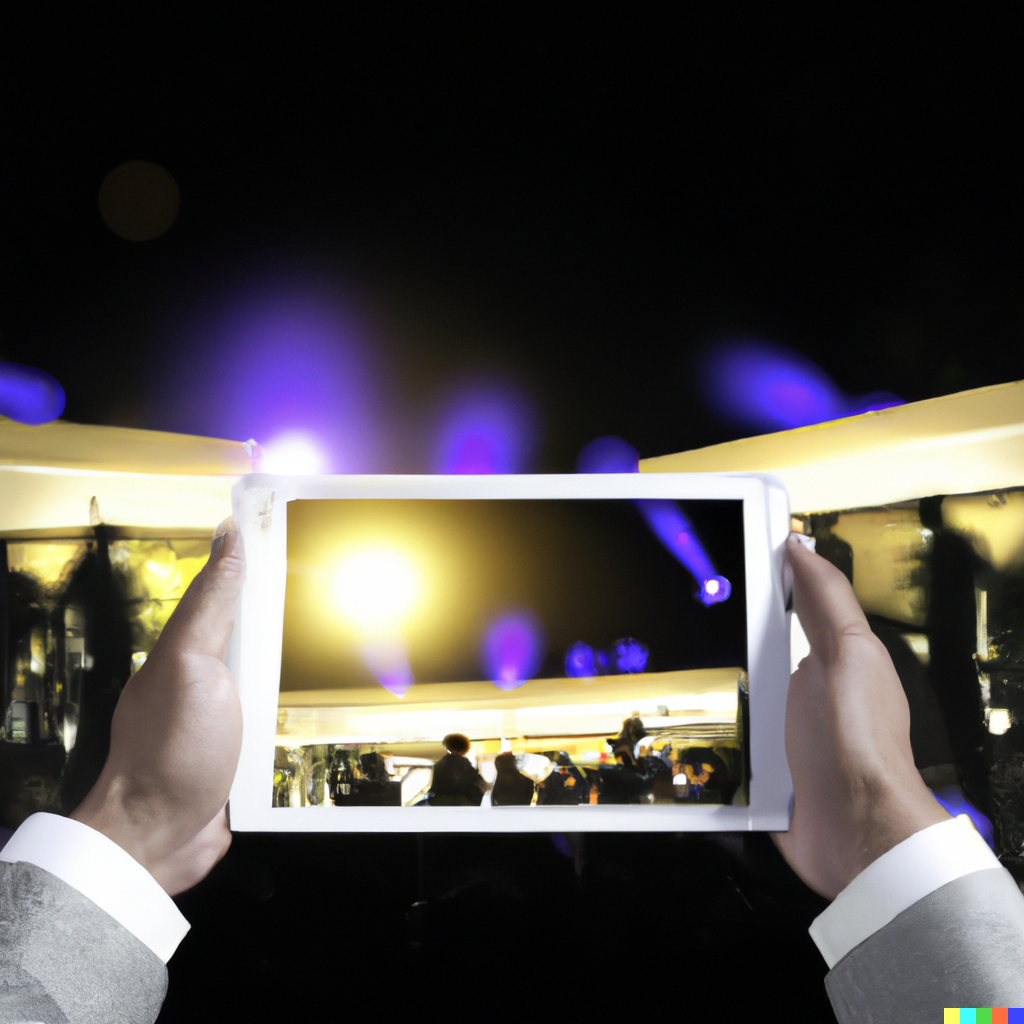March 11 | Events Technology EventsTech

The events industry has undergone a major transformation in recent years, driven by the rapid evolution of technology. From virtual reality (VR) and artificial intelligence (AI) to event management software and hybrid event solutions, technology is reshaping how events are planned, executed, and experienced. Event technology, often referred to as EventTech, has become a critical component for organizers looking to deliver seamless, engaging, and data-driven experiences. In this article, we explore the latest innovations in EventTech and how they are redefining the future of the events industry.
AI-powered tools have revolutionized event management by automating repetitive tasks, improving customer engagement, and providing real-time analytics. Chatbots, for instance, help answer attendee queries instantly, while AI-driven matchmaking connects like-minded attendees for networking opportunities. Additionally, automated workflows streamline registration, ticketing, and scheduling processes, reducing manual effort and human errors.
With the rise of remote work and global connectivity, hybrid and virtual events have become the norm. Platforms like Hopin, Zoom Events, and vFairs allow organizers to create immersive virtual experiences with interactive sessions, live streaming, and networking opportunities. These platforms also integrate with event apps and CRM systems, enabling seamless data tracking and audience engagement.
AR and VR technologies are enhancing attendee experiences by offering interactive and immersive event environments. Virtual event spaces, 3D product showcases, and gamified experiences are some of the ways these technologies are being used to captivate audiences. For instance, VR-powered trade shows allow attendees to explore exhibition halls and interact with products from anywhere in the world.
Radio Frequency Identification (RFID) and Near Field Communication (NFC) have improved event security, access control, and cashless payments. RFID-enabled badges and wristbands help streamline check-ins, reduce wait times, and provide real-time attendance tracking. Additionally, NFC technology enables attendees to make purchases seamlessly without the need for physical cash or credit cards.
Live streaming has become an essential feature of modern events, allowing organizers to reach global audiences beyond the physical venue. Social media platforms like YouTube, Facebook Live, and LinkedIn Live enable real-time broadcasting, increasing event exposure and engagement. Furthermore, on-demand content allows attendees to access event sessions at their convenience, ensuring prolonged audience interaction.
Event organizers are leveraging big data and AI-powered insights to measure event success and optimize future events. Advanced analytics tools track attendee behavior, session engagement, and networking patterns, helping organizers refine content and improve audience satisfaction. Predictive analytics also assist in forecasting attendance trends, optimizing marketing efforts, and enhancing event ROI.
Event mobile apps provide a centralized hub for attendees to access schedules, speaker details, interactive maps, and networking features. These apps facilitate real-time updates, push notifications, and personalized agendas, enhancing the overall attendee experience. Additionally, in-app gamification features encourage participation and engagement throughout the event.
The future of EventTech is bright, with continuous innovations aimed at making events more immersive, efficient, and impactful. Here are some trends to watch:
EventTech is transforming the way events are planned, executed, and experienced. With advancements in AI, AR/VR, hybrid platforms, and data analytics, organizers can deliver more engaging, efficient, and impactful events. As technology continues to evolve, the events industry must embrace these innovations to stay competitive and meet the ever-changing expectations of attendees. Whether hosting in-person, virtual, or hybrid events, leveraging the right EventTech solutions will be key to creating memorable and successful event experiences.
SHARE THIS:
© Copyright 2026Global Tech AwardsAll Rights Reserved